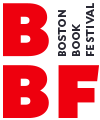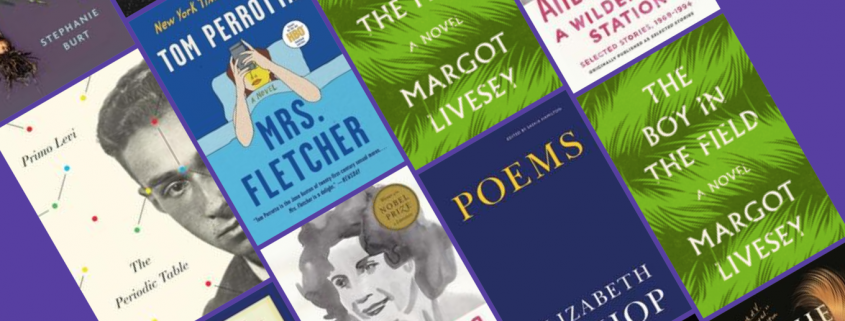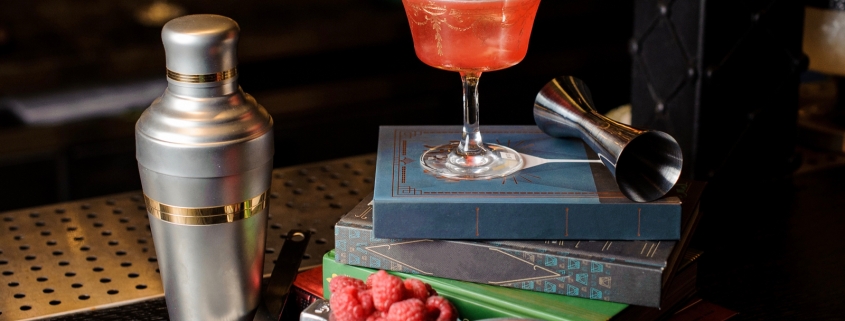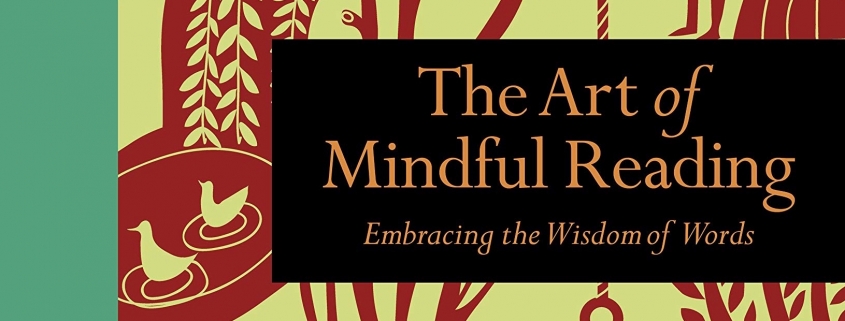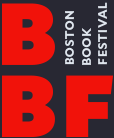There’s a Book for That: Get Ready to Attend Our Bibliotherapy Event This Thursday
Thanks to the wonders of technology, we’re still able to gather as a community even from the confines of our homes in the middle of a pandemic. On the literary front, we at the Boston Book Festival have got you covered. Whether you’re struggling with adapting to self-isolation, feeling indecisive about what to read, or just looking for some new book or author to discover, our virtual There’s a Book for That: Bibliotherapy Event has something for everyone. On April 23rd, pick up your phone, tablet, or computer and join us on Zoom as bibliotherapist Ella Berthoud “prescribes” books for every quarantine qualm you can think of. Here’s what you need to know:
Register for the Bibliotherapy Event on Eventbrite for free. By registering in advance, you’ll get the chance to send your own problem or ailment to Ella, and who knows — she may prescribe you a literary cure live!
Get to know Ella! Ella Berthoud is a trusted bibliotherapist based in the UK who prescribes literary remedies for people’s ailments and issues. Author of The Novel Cure and other books, she has done live prescriptions at several literary festivals and also regularly conducts one-on-one sessions. Read our recent Q&A with Ella to learn more about how she became interested in bibliotherapy and what she’s been reading lately.
Come prepared to make quarantine cocktails with Nick Petrulakis, veteran bookseller at the Brookline Booksmith and the creator of Drinks With Nick. At our Bibliotherapy event, he’ll be mixing literary cocktails using common pantry staples. Check out our recent Q&A with Nick to learn more about how he came up with the concept of the literary cocktail and his favorite past creations.
Donate during our event to support the Boston Book Festival. This event, like most of our events, is free to attend, but we rely on the generosity of individuals to support our nonprofit organization and the programs we provide. Thank you to those of you who registered and added on a donation; if you’d like to support our work during or after this event, donate on our website or text the word BOOK to 617-300-0877 for a super easy-to-use mobile donations form.
Purchase all of Ella’s recommendations at our Bookshop links after the event to support your local bookstores in these troubling times.
Last but not least, save the date to log onto Zoom for the event on April 23rd at 5:30 pm. Get cozy, bring snacks, invite your friends (virtually), and join us for a fun and relaxing evening sharing our love of books!
